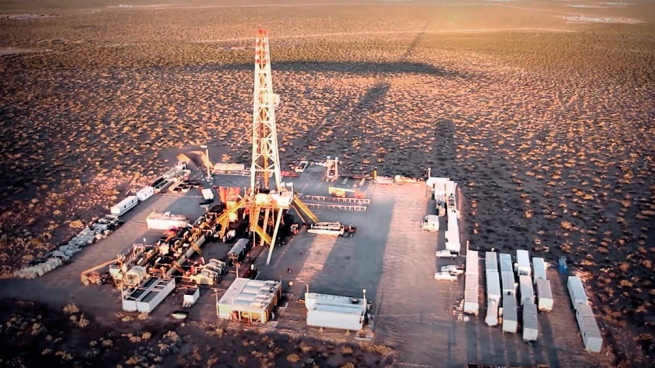One of the alternatives being analyzed to reduce the impact that the increase in gasoline and diesel has had on consumers’ budgets is to temporarily reduce or suspend the collection of the consumption tax that is applied to fuels.
At least three bills have been presented in the National Assembly in which this temporary reduction of the consumption tax on fuel and petroleum derivatives is pursued, as a result of price increases as a result of the war between Russia and Ukraine.
In Panama, the fuel that is sold is imported and depends directly on the behavior of parity prices in the international market, based on the cost of a barrel of oil. In addition to this cost, when the product arrives in the country, a consumption tax is applied, which for a gallon of gasoline is 60 hundredths, while for low-sulfur diesel it is 25 hundredths.
The first bill 251 was enacted on March 30 in the Economy and Finance Commission of the Assembly. The document establishes a temporary suspension in the collection and collection of the consumption tax on fuel and petroleum derivatives, proposed by the deputy of the ruling Democratic Revolutionary Party, Zulay Rodríguez and others.
“The collection and collection of the consumption tax on fuel and oil derivatives in the Republic of Panama is temporarily suspended, due to the increase in the price of oil and its derivatives…”, states in the first article of the preliminary draft law supported by the deputy of Molirena, Miguel Fanovich.
According to this proposal, once the war between Russia and Ukraine ends, the collection and collection of the consumption tax on fuel and oil derivatives in the Republic of Panama will be resumed.
Another of the initiatives is the one promoted by the Panamanian deputy Luis Ernesto Carles, through bill 264, to reduce 25 hundredths of the tax per gallon of gasoline and 10 hundredths per gallon of low-sulfur diesel. This bill seeks that the reduction be for 180 days.
Article 2 of the Carles proposal indicates that “the temporary reduction of the tax on consumption of petroleum products established in this law will have a direct impact on the sale price to the consumer and may not be withheld, under any circumstances, by tax collection agents.
The third bill is No. 258, proposed by the deputy for Cambio Democrático, Rony Araúz. It also proposes to modify articles of the Tax Code related to the tax on the consumption of some liquid fuels for a term of 180 days. It also proposes that 25 cents per gallon of gasoline and 10 cents per gallon of diesel be deducted.
The price of fuel shot up to more than a dollar a liter in February for Panamanian consumers, a price not seen since 2014. Then, with the war, the increase in March was greater; and in the last price announcement, since Friday, March 25, a liter of gasoline in the cities of Panama and Colón was set at a cap of $1.19, while the gallon reached $4.50 for the first time. Compared to prices a year ago, the increase is $1.33 a gallon or 30%.
The National Secretary of Energy must communicate next Wednesday the prices that will govern as of Friday, April 8 and for the following 14 days. Based on the price of oil in the first days of this week, an increase trend of up to 20 cents for a gallon of gasoline and 59 cents for a gallon of diesel was already reflected.
On Thursday, the president of the United States, Joe Biden ordered an unprecedented release of crude oil reserves to relieve American households in the face of the increase in fuel prices as a result of the Russian invasion of Ukraine. This could have an impact on the price of a barrel.
The government of President Laurentino Cortizo appointed a high-level commission to analyze the impact of the war on the energy issue in the country and the effects of the conflict on agricultural production and the cost of fertilizers. So far there has been no decision regarding fuel prices, a government source said yesterday.
This week the second meeting of the High Level Commission led by President Cortizo was due to take place.
In the first meeting a plurality of options was presented. The Secretary of Energy, Jorge Rivera Staff, announced that this second meeting should specify what strategies or measures can be taken to stabilize or minimize the impact of fuel prices.


